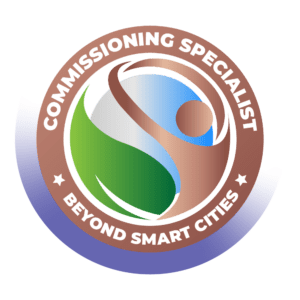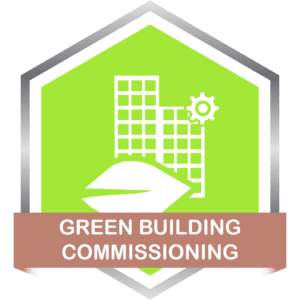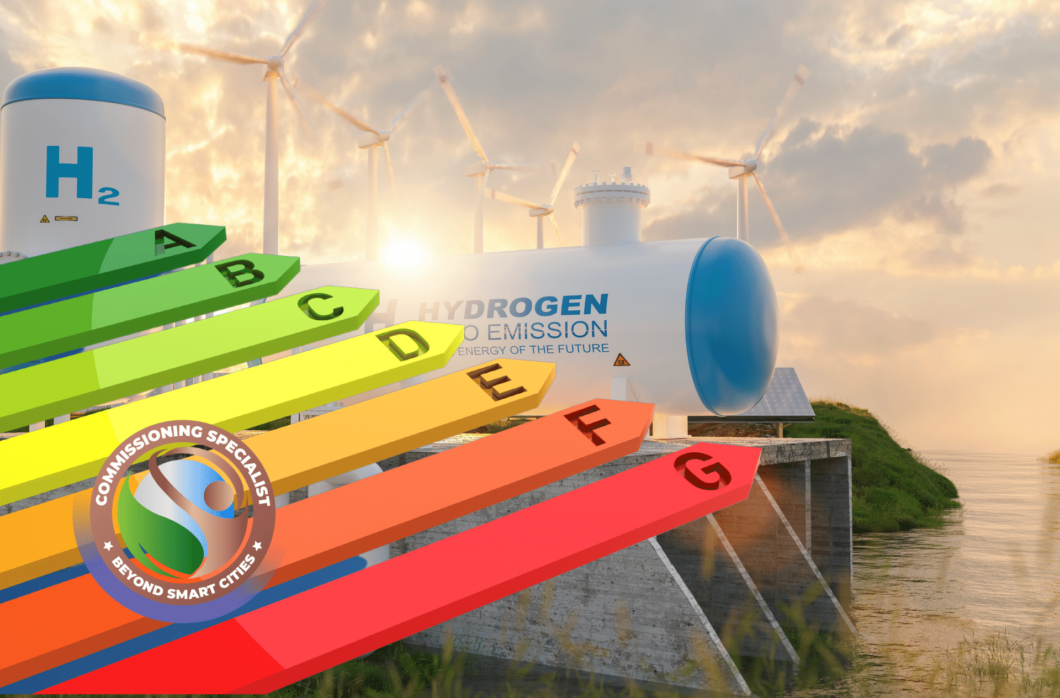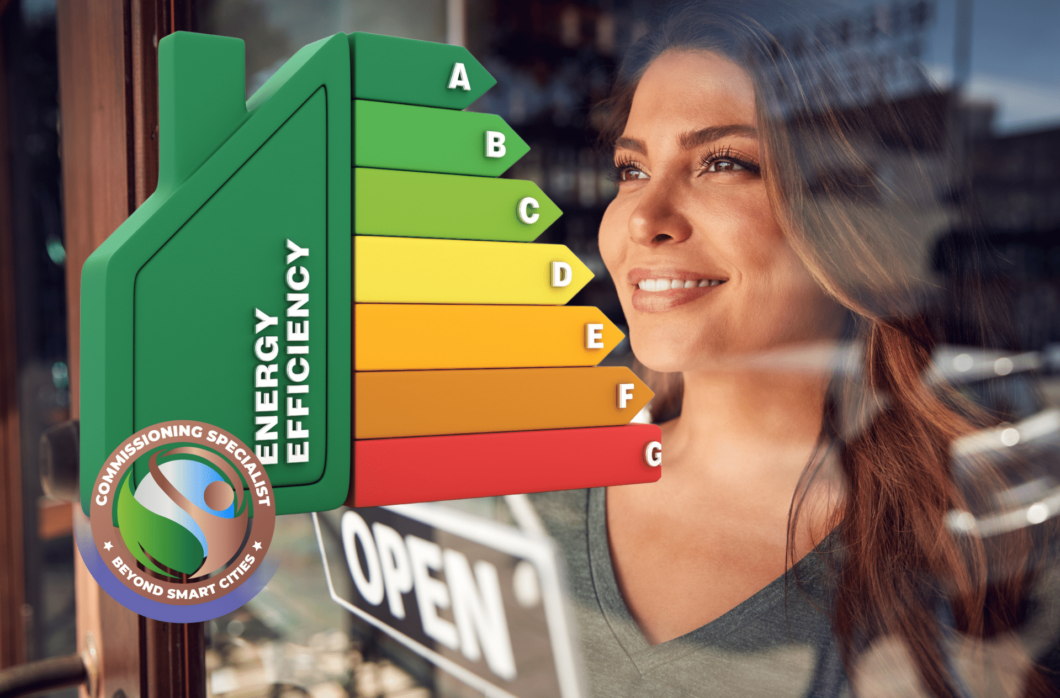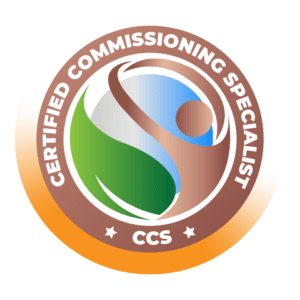Fundamentals of the Commissioning Process
This course is designed to help commissioning professionals, including energy managers, HVAC engineers, facility and business managers, industrial engineers, and energy service company professionals, become more aware of and effective at identifying and implementing the best energy management strategies.
The commissioning process is the integrated application of a set of engineering techniques and procedures to check, inspect, and test every operational component of the project—from individual functions such as instruments and equipment, up to more complex entities such as subsystems and systems.
Learn more Commissioning Specialist Services
The Basics of commissioning process covers the fundamental concepts of commissioning process for new and existing buildings. You will learn how building systems and assemblies work, how to detect problems, and how to analyse proper building performance.
Step-by-step information on each aspect of a typical new construction commissioning process. We will discuss when and how each step of the process is achieved. Costs and benefits of typical commissioning processes are provided. In this module, participants will learn the fundamentals of building system and equipment operations and describe the various types of building systems and equipment and how these systems operate.
The Fundamentals of the Commissioning Process was prepared by an experienced commissioning specialist, Krishnaji Pawar. specialises in developing sustainable design strategies for Green Building Certification Systems (LEED, GSAS, etc.), Energy and Water Conservation, Commissioning, Environmental Impact Assessment, and Environmental Management Systems.
Learning Objectives
- Understand commissioning terminologies and abbreviations
- Understand the high-level commissioning process.
- Investigate the commissioning process in greater depth.
- Building commissioning, the commissioning process, and green buildings will be familiar to students.
- Learners will get the information they need to understand the basics of green building commissioning and implementation.
Building commissioning is a team effort that requires the involvement of numerous stakeholders in the process of delivering a successful building project. Individual roles, most of which, ideally, are assigned at the predesign phase, and continue from inception through occupancy. Designated team members are responsible for specific activities and documents during the various phases.
Other Related courses
Certified Commissioning Authority – CxA Exam Question Bank
Even though the 600-question CxA Practice Exam is very helpful on its own, the Certified Commissioning Authority – CxA Exam Question Bank will help building commissioning professionals make a targeted, personalized study plan to help them reach their professional development goals.
Key Learning Objectives
- You will have access to more than 600 questions in 5 practice tests that go from easy to medium to hard to specialist.
- Understand commissioning terminology and abbreviations.
- Understand the high-level commissioning procedure.
- Expand your investigation into the commissioning procedure
- Recognize tactics and make sound decisions.
- Experience the tension of the genuine CxA test.
- Learn how to respond to situational questions.
- Consider the practice exam to be part of your studies and education.
Commissioning LEED Green Buildings
The LEED Green Building Rating System will be introduced, followed by a discussion of how LEED building commissioning may differ from conventional new construction.
Ongoing Commissioning – OCx Best Practices
An Ongoing Commissioning – OCx Best Practices training program tailored to meet facility operational requirements and Ongoing Commissioning (OCx) Identify additional Operations & Maintenance (O&M) personnel training. Understand the value of OCx as a strategy to sustain performance from new and existing Building CX approaches
Advanced Existing Building Commissioning – EBCx
The Advanced Existing Building Commissioning – EBCx training course covers all the stages of the existing building commissioning process, namely: planning, investigation, implementation, handover, and monitoring. These stages are presented in detail to allow trainees to develop a coherent understanding of the entire process and reap all the anticipated benefits.
Certified Commissioning Specialist (CCxS)
This CCxS-accredited certification is intended for commissioning providers who lead, plan, coordinate, and manage commissioning teams in new and existing buildings.
Why Pursue a CCxS Designation?
- Professional Recognition – This is the proof – the CCxS designation sets you apart as someone with the commitment, dedication, and knowledge to succeed in building commissioning .
- Verification of your expertise by an independent organisation.
- Professional growth and development.
- Enhanced professional credibility.
- Great job opportunities.


